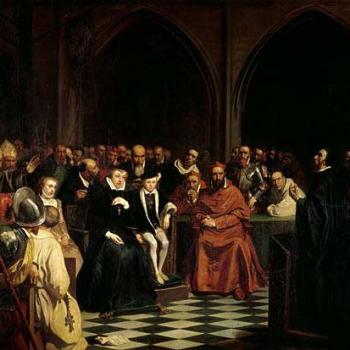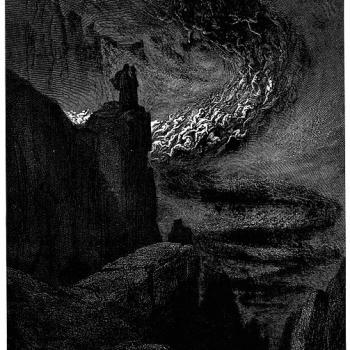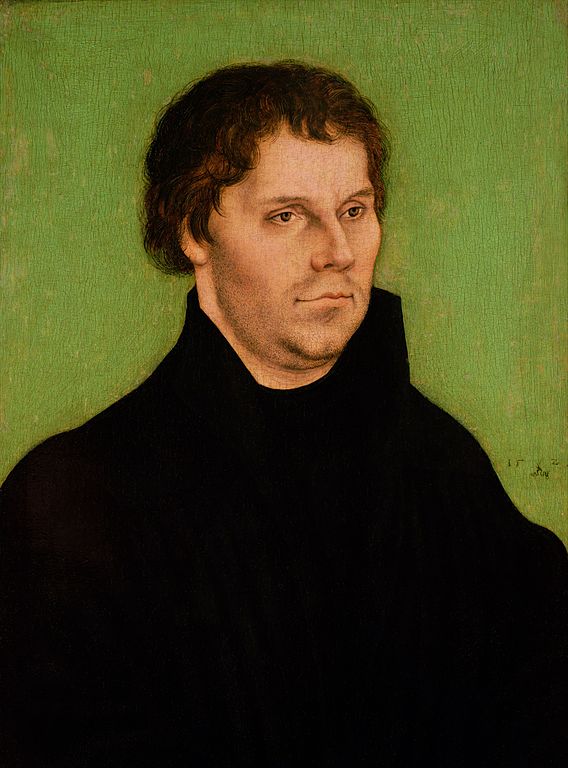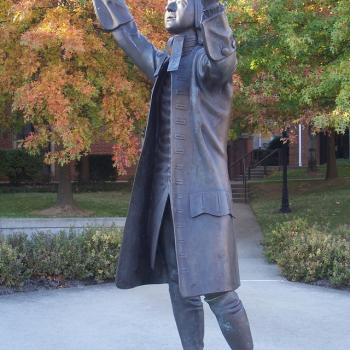(4-27-04) *** Catholic historian Warren Carroll writes: Reform-minded Cardinal Contarini attended the Diet of Regensburg and its religious discussions, and managed to obtain agreement on both sides on a statement on justification, but only by using a new concept of “duplicate justice,” which recognized that God gave justifying grace to men in baptism, but also stated that “a yet higher justice, that of Christ Himself, becomes necessary in order to attain a perfect renewal, this latter being given and imputed... Read more

















